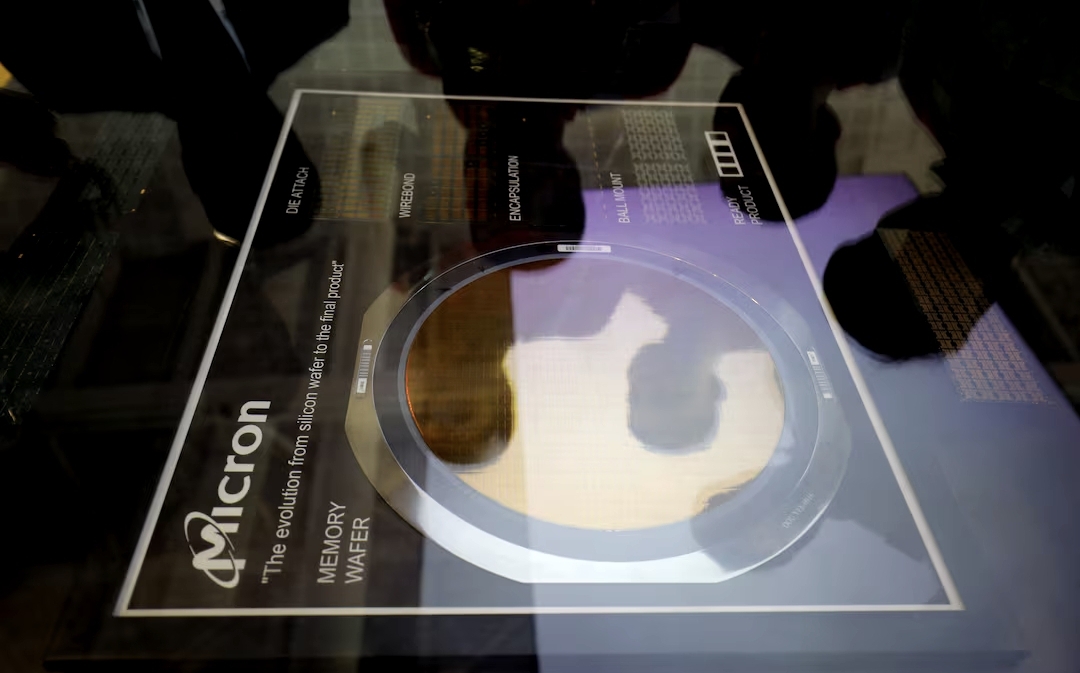Boise, May 24, 2024, The Europe Today: Chipmaker Micron Technology has been ordered to pay $445 million in damages to Netlist, a computer-memory company, for violating Netlist’s patent rights in memory-module technology for high-performance computing, a U.S. jury ruled on Thursday.
The verdict, delivered by jurors in the U.S. District Court for the Eastern District of Texas, found that Micron’s semiconductor-memory products infringed on two Netlist patents. These patents relate to technologies designed to enhance the capacity and performance of memory modules.
The jury also determined that Micron’s infringement was willful, which could potentially lead to a judge tripling the damages amount under U.S. patent law.
“We are grateful for the jury’s service and their recognition of the importance of Netlist’s innovation,” said Netlist’s attorney, Jason Sheasby, in a statement following the verdict.
Micron Technology representatives did not immediately respond to requests for comment.
This decision comes on the heels of a similar case last year, where Netlist secured a $303 million verdict against Samsung in the same court over related high-performance computer memory patents.
Netlist, based in Irvine, California, sued Micron in 2022, alleging that three of Micron’s semiconductor memory-module lines infringed on Netlist’s patents. Micron denied these allegations, presenting several defenses, including claims that the patents were invalid.
Despite these defenses, the jury sided with Netlist. However, a recent decision by a U.S. Patent and Trademark Office tribunal in April invalidated one of the patents, which could potentially reduce the size of the verdict.
Micron, headquartered in Boise, Idaho, has seen its stock price surge this year due to increased demand for its chips, which are critical in powering artificial intelligence technology.
The legal battles highlight the fierce competition and the critical importance of intellectual property rights in the semiconductor industry, particularly as companies vie for technological superiority in high-performance computing and AI applications.


